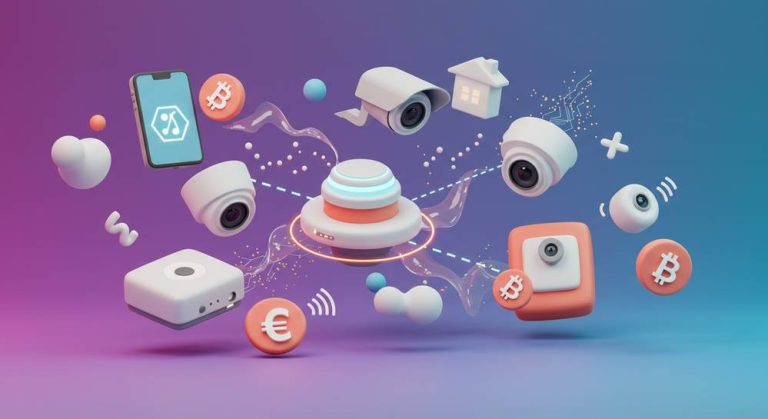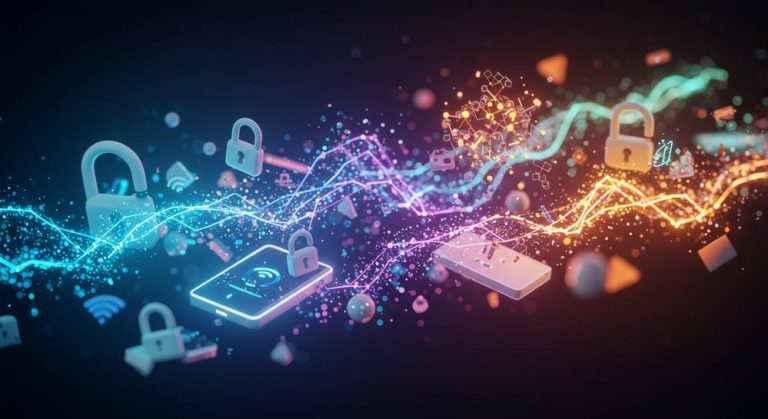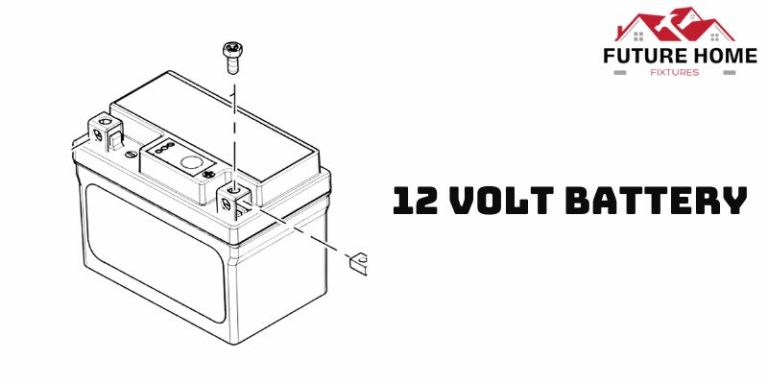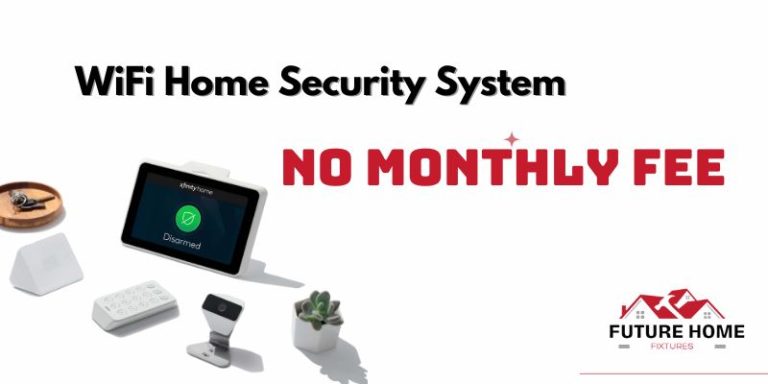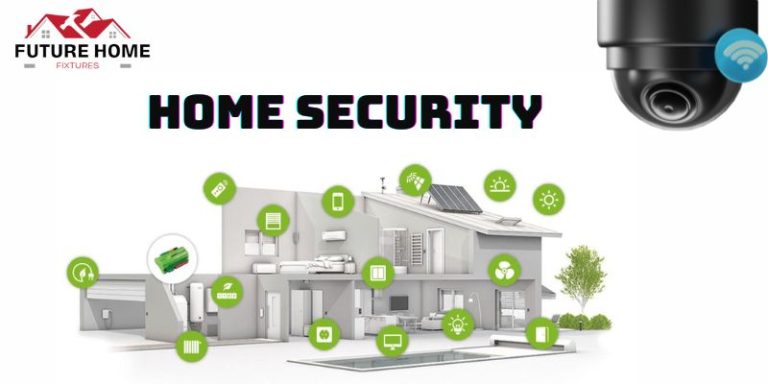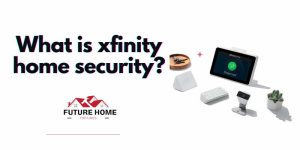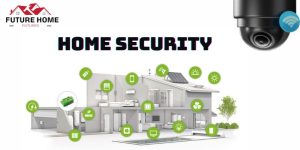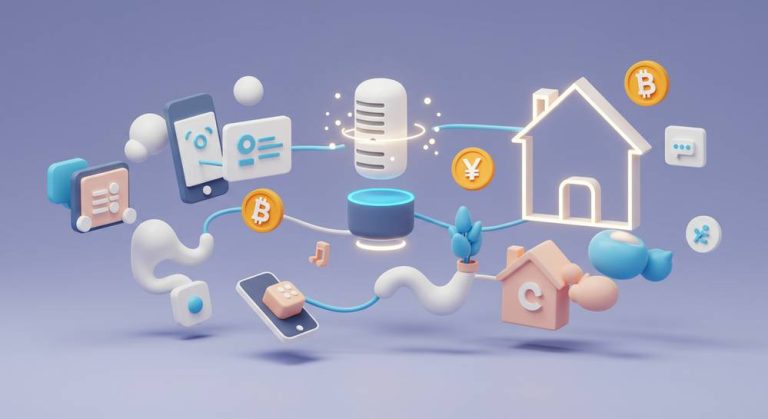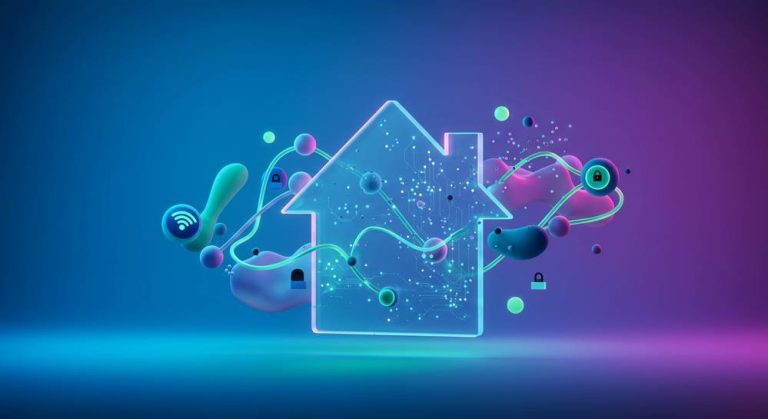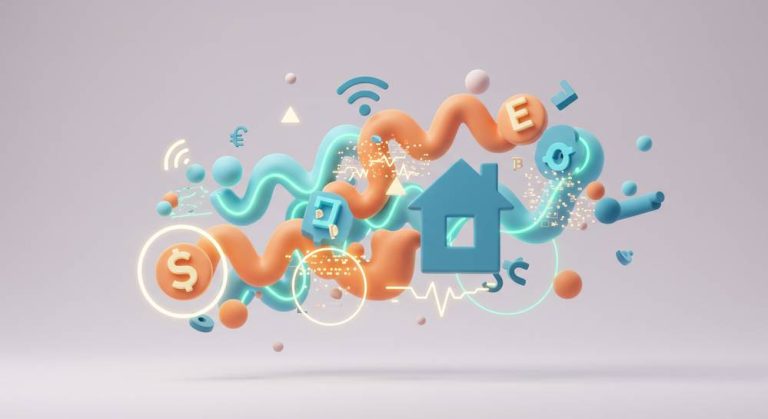This article delves into the intricacies of 24 hour home security monitoring, exploring its mechanics, benefits, and potential drawbacks to help you make an informed decision about safeguarding your home and loved ones.
Understanding 24 Hour Home Security Monitoring
What is 24/7 Home Security Monitoring?
At its core, 24/7 home security monitoring is a service that provides continuous, round-the-clock surveillance of your home, leveraging advanced technology to detect and respond to potential threats. This proactive approach to security involves a network of sensors strategically placed throughout your property, working in unison to monitor for signs of intrusion, fire, or other emergencies.
Unlike traditional security systems that merely sound an alarm on your property, 24/7 monitoring takes it a step further. When a sensor is triggered, an immediate signal is transmitted to a central monitoring station, where trained professionals are standing by to assess the situation and initiate the appropriate response.
The Importance of Constant Protection
In an increasingly unpredictable world, our homes represent sanctuaries of safety and security. However, the unfortunate reality is that crime can occur at any time, often when we least expect it. This is where 24/7 home security monitoring proves invaluable.
By maintaining a constant vigil over your property, these systems provide an extra layer of protection that traditional security measures simply cannot match. Whether you are away on vacation, at work, or even sound asleep in your bed, you can rest assured that your home is under the watchful eye of trained professionals ready to respond at a moment’s notice.
How does it Benefit Me?
The benefits of 24-hour home security monitoring extend far beyond simply deterring burglars. While the peace of mind that comes with knowing your home is protected around the clock is invaluable, these systems offer a wide range of advantages that enhance overall safety and security. From early fire detection and environmental hazard alerts to medical pendant monitoring for elderly residents, 24/7 monitoring systems provide a comprehensive safety net that safeguards not only your belongings but also the well-being of your loved ones.
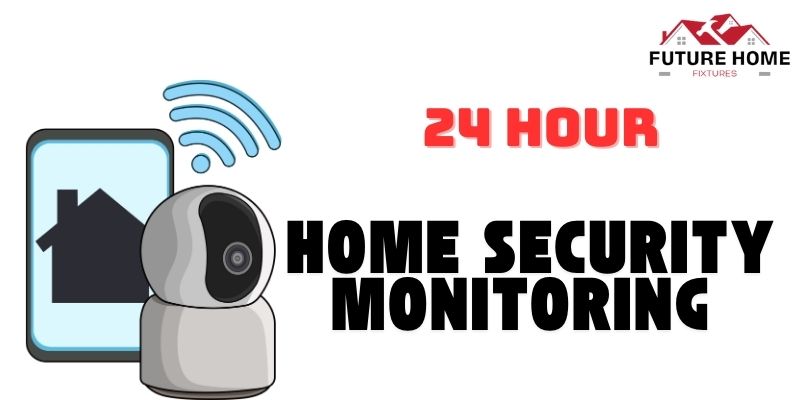
Inside 24 Hour Home Security Monitoring: How It Works
The Technology Behind the Scenes
Modern 24/7 home security monitoring systems are powered by sophisticated technology that enables seamless communication and rapid response times. At the heart of these systems lies a control panel, acting as the central hub that connects all sensors and devices.
These sensors, strategically placed throughout your home, utilize a variety of technologies such as infrared motion detection, door and window contacts, and glass break sensors to identify potential threats.
When a sensor is triggered, it sends an instant signal to the control panel, which then relays the information to the monitoring center via cellular or internet connection. This ensures that even if phone lines are cut, the monitoring center remains alerted and ready to respond.
Connecting Your Home: Sensors and Devices
A comprehensive 24/7 home security monitoring system typically includes a range of sensors and devices tailored to your specific needs and the layout of your home. Door and window sensors, often considered the first line of defense, send an alert the moment a door or window is opened unexpectedly.
Motion sensors, strategically placed in high-traffic areas, detect movement within their range, while glass break sensors provide an additional layer of protection by detecting the sound of shattering glass. Beyond intrusion detection, many systems also incorporate smoke and carbon monoxide detectors, environmental sensors for flooding or extreme temperature changes, and even panic buttons that can be easily accessed in case of an emergency.
Response When It Matters: Alarm Monitoring Centers
Once a sensor is triggered, the signal is instantly transmitted to an alarm monitoring center, where trained security professionals are on duty 24/7. These professionals receive the alert, verify the nature of the emergency, and initiate the appropriate response.
This typically involves contacting you first to confirm the alarm and, if necessary, dispatching the appropriate authorities, such as police, fire department, or emergency medical services. The rapid response time of these monitoring centers is crucial in minimizing potential damage and ensuring the safety of your home and loved ones.
The Advantages of 24/7 Home Security Monitoring
Peace of Mind: Security Around the Clock
One of the most significant benefits of 24/7 home security monitoring is the unparalleled peace of mind it provides. Knowing that your home is constantly protected, whether you are home or away, can significantly reduce stress and anxiety, allowing you to relax and enjoy life without the constant worry of potential threats. This peace of mind is particularly valuable for families with young children, elderly residents, or frequent travelers, providing an added layer of security when it matters most.
Beyond Burglaries: Fire and Environmental Hazard Detection
While deterring burglaries is a primary function of home security systems, 24/7 monitoring provides protection against a wider range of threats. Integrated smoke and carbon monoxide detectors offer early warning in case of fire, providing crucial time for evacuation and minimizing potential damage. Additionally, environmental sensors can detect hazards such as flooding, extreme temperature fluctuations, and gas leaks, alerting you and the monitoring center so that appropriate action can be taken.
Real-World Examples: How Monitoring Makes a Difference
Countless real-world examples highlight the life-saving impact of 24/7 home security monitoring. In cases of fire, monitoring centers have been instrumental in dispatching firefighters quickly, often before residents were even aware of the danger. For elderly individuals experiencing medical emergencies, medical pendant alerts have enabled rapid response from emergency services, potentially making the difference between life and death. These real-world examples underscore the tangible value of 24/7 monitoring, demonstrating its ability to protect not only property but also lives.
Choosing the Right 24 Hour Home Security System
Top Providers in the Market
The home security market is flooded with numerous providers, each offering a range of features and pricing plans. Among the top contenders, ADT stands as a long-standing industry leader, known for its comprehensive coverage and reliable monitoring services. Vivint, another popular choice, offers a modern approach with smart home integration and cutting-edge technology. Frontpoint Security has garnered a reputation for excellent customer service and customizable packages. Ring, now owned by Amazon, provides affordable DIY systems with optional professional monitoring, while SimpliSafe offers user-friendly, contract-free options. When selecting a provider, it’s essential to thoroughly research their reputation, offerings, and customer reviews to ensure they align with your specific needs and budget.
Factors to Consider: Features and Costs
Selecting the right 24/7 home security system involves carefully considering various factors beyond simply choosing a provider. The size and layout of your home will dictate the number of sensors and devices required. Lifestyle plays a crucial role, with families considering features like mobile app control, remote arming/disarming, and video surveillance. Determine if professional installation is required or if a DIY approach is more suitable. Cost is undoubtedly a significant consideration, including equipment fees, monthly monitoring costs, and potential contracts.
Securing Your Home: Next Steps
Once you’ve decided that 24/7 home security monitoring is the right choice, taking the next steps to secure your home involves obtaining quotes from multiple providers, comparing their offerings, and carefully reading the fine print of any contracts. Consider professional installation for a seamless experience, and ensure that your chosen system integrates well with any existing smart home devices. Finally, remember that investing in a home security system is an ongoing commitment, requiring regular maintenance, battery replacements, and potentially, system upgrades as technology advances.
The decision to invest in 24-hour home security monitoring is deeply personal, influenced by individual needs, perceptions of risk, and budgetary constraints. By carefully weighing the benefits, understanding the technology involved, and thoughtfully considering the factors outlined above, homeowners can make informed choices that prioritize the safety and security of their homes and loved ones. As technology continues to evolve, one thing remains constant: the desire for a secure and protected home, a desire that 24/7 monitoring systems are uniquely positioned to fulfill.

